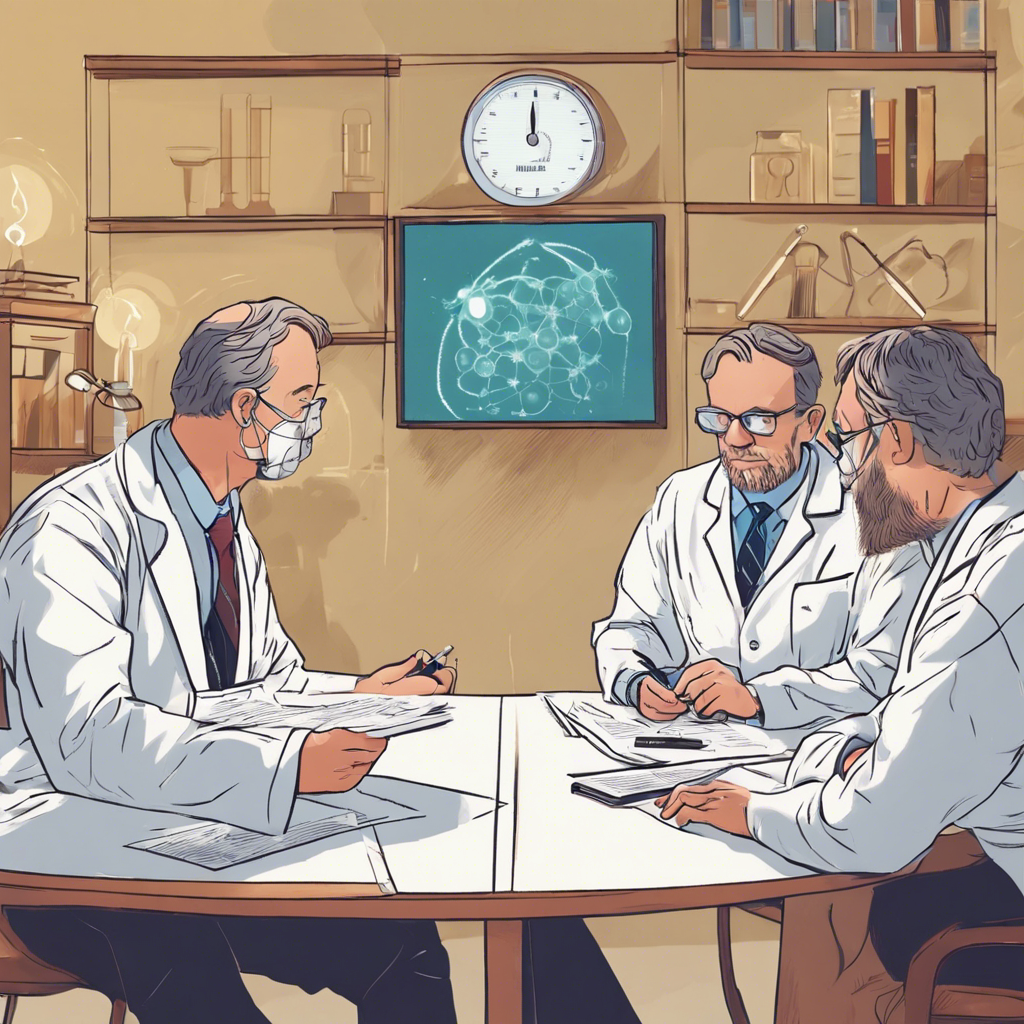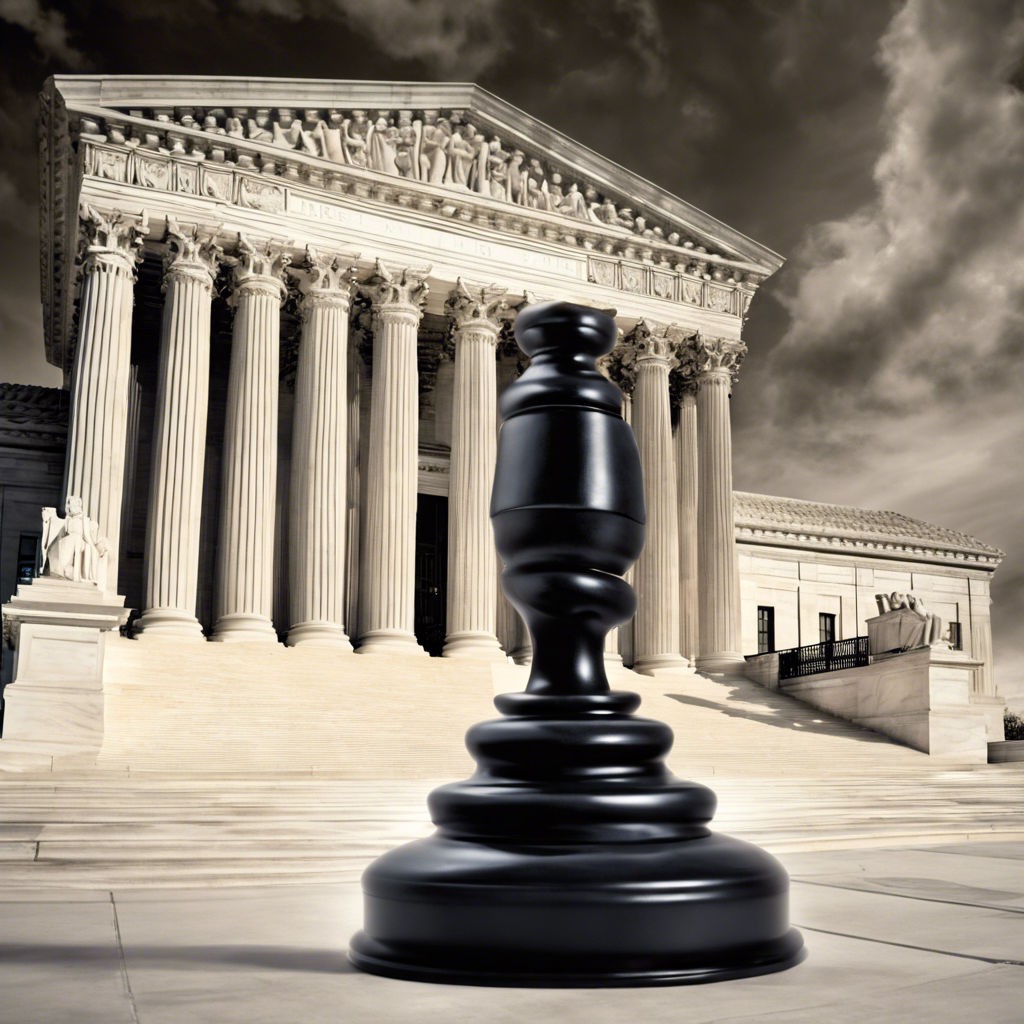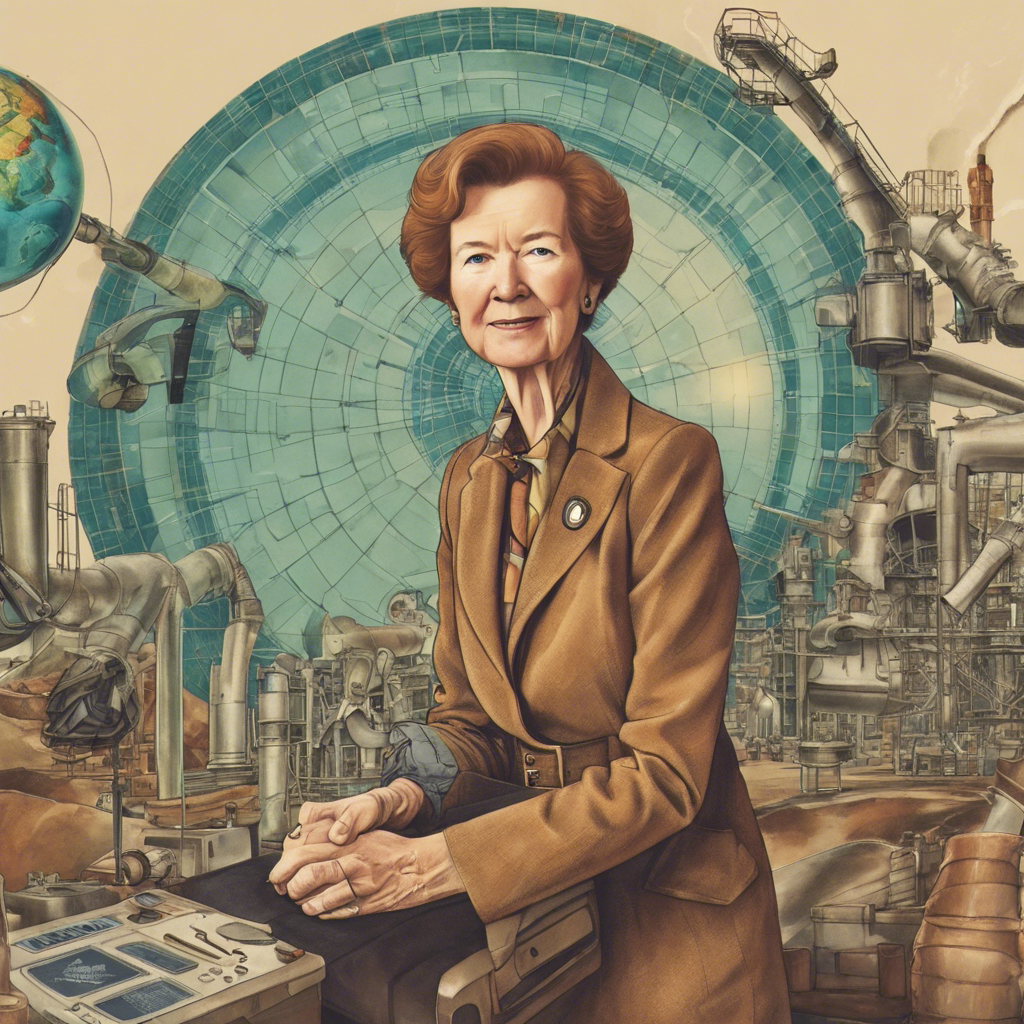Science Advisers Reflect on Challenges of Providing COVID-19 Advice to UK Government

Public inquiry reveals the difficulties faced by scientists in communicating research-based advice to politicians and civil servants during the pandemic.
As the ongoing public inquiry into the UK government’s response to the COVID-19 pandemic delves deeper into the decision-making process, key science advisers have shed light on the challenges they faced in providing advice to politicians and civil servants. The inquiry, which aims to assess the country’s preparedness, decision-making, and the impact on the healthcare system, has heard testimonies from prominent figures such as former chief scientific adviser Patrick Vallance, current chief scientific adviser Angela Mclean, chief medical officer Chris Whitty, and deputy CMO Jonathan Van Tam. Their accounts reveal the difficulties in bridging the gap between scientific knowledge and political understanding.
Bridging the Gap: Science vs. Politics
During his testimony, Patrick Vallance revealed that then-prime minister Boris Johnson struggled to comprehend the data presented in graphs during the pandemic. Vallance emphasized that this challenge was not unique to the UK government and recounted a conversation with European science advisers who also faced difficulties explaining exponential curves to ministers. The lack of scientific literacy among politicians and civil servants highlights the need for scientists to provide advice based on sound scientific evidence and to effectively communicate complex concepts in a fast-moving crisis such as a pandemic.
The Role of Scientists in Decision-Making
The testimony of Patrick Vallance has sparked discussions about the need to involve scientists more directly in the decision-making process. Vallance has advocated for the appointment of scientists as ministers, enabling them to participate in decisions and be held accountable for them. This approach would not only ensure that scientific expertise is embedded within the decision-making structure but also foster a deeper understanding of science among policymakers. Geoff Mulgan, a public policy researcher, supports this idea, emphasizing that scientists should be more than external advisers and play an active role in shaping policy.
Transparency and Accountability
The issue of transparency regarding the publication of minutes from scientific-advisory meetings has also been highlighted during the inquiry. The UK’s scientific advisory group for emergencies (SAGE) began publishing its minutes midway through the pandemic. However, Patrick Vallance expressed concerns that this led to reluctance among civil servants and politicians to participate or speak openly in SAGE meetings, fearing that their remarks would be made public. While Vallance acknowledged the importance of transparency, he cautioned against excessive redaction or secrecy.
On the other hand, Kit Yates, a mathematician at the University of Bath who was part of Independent SAGE, a separate advisory group, argues that transparency is crucial in science. He believes that if the public is expected to adhere to restrictions based on scientific advice, scientists have a responsibility to explain the underlying science and modeling behind those decisions. Increased transparency not only ensures accountability but also allows outsiders to scrutinize the minutes of scientific committees, verify assertions, and assess the results for themselves.
Conclusion:
The ongoing public inquiry into the UK government’s response to the COVID-19 pandemic has shed light on the challenges faced by science advisers in providing research-based advice to politicians and civil servants. The lack of scientific literacy among policymakers and the difficulty in effectively communicating complex scientific concepts have been key themes in the testimonies. The inquiry has also highlighted the need for greater involvement of scientists in decision-making, with calls for scientists to be appointed as ministers to ensure accountability and a deeper integration of scientific expertise. Furthermore, the issue of transparency in scientific advisory meetings has been debated, with arguments in favor of increased transparency for the sake of accountability and public understanding. As the inquiry continues, it is hoped that the lessons learned will inform future decision-making processes and strengthen the relationship between science and policy.










